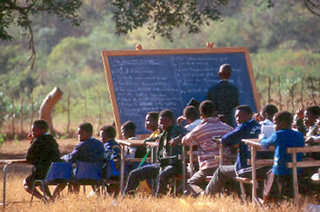Home » Course Layouts » Free Course Layout Udemy
This course explores the foundations of policy making in developing countries.
0
English
English [CC]
- Learn basic syntax that can apply to any language.
- Learn what is a programming language and the basic concepts for beginners.
- Understand what is Javascript in it's truest form.
- Know the basic syntax of Javascript.
- Know some hidden quirks in Javascript.
Description
The goal is to spell out various policy options and to quantify the trade-offs between them. We will study the different facets of human development: education, health, gender, the family, land relations, risk, informal and formal norms and institutions. This is an empirical class. For each topic, we will study several concrete examples chosen from around the world. While studying each of these topics, we will ask: What determines the decisions of poor households in developing countries? What constraints are they subject to? Is there a scope for policy (by government, international organizations, or non-governmental organizations (NGOs))? What policies have been tried out? Have they been successful?
Course content
- Introduction: the vicious circle of poverty Unlimited
- Nutrition and productivity: interrelationships Unlimited
- Education Unlimited
- Health: a case study from Rajasthan Unlimited
- (Courtesy of Abhijit Banerjee and Esther Duflo. Used with permission.) Unlimited
- Gender discrimination Unlimited
- Bargaining within families Unlimited
- Land Unlimited
- Savings Unlimited
- Credit markets Unlimited
- Formal and informal institutions Unlimited
- Limits to social policy: corruption Unlimited
N.A
- 5 stars0
- 4 stars0
- 3 stars0
- 2 stars0
- 1 stars0
No Reviews found for this course.










